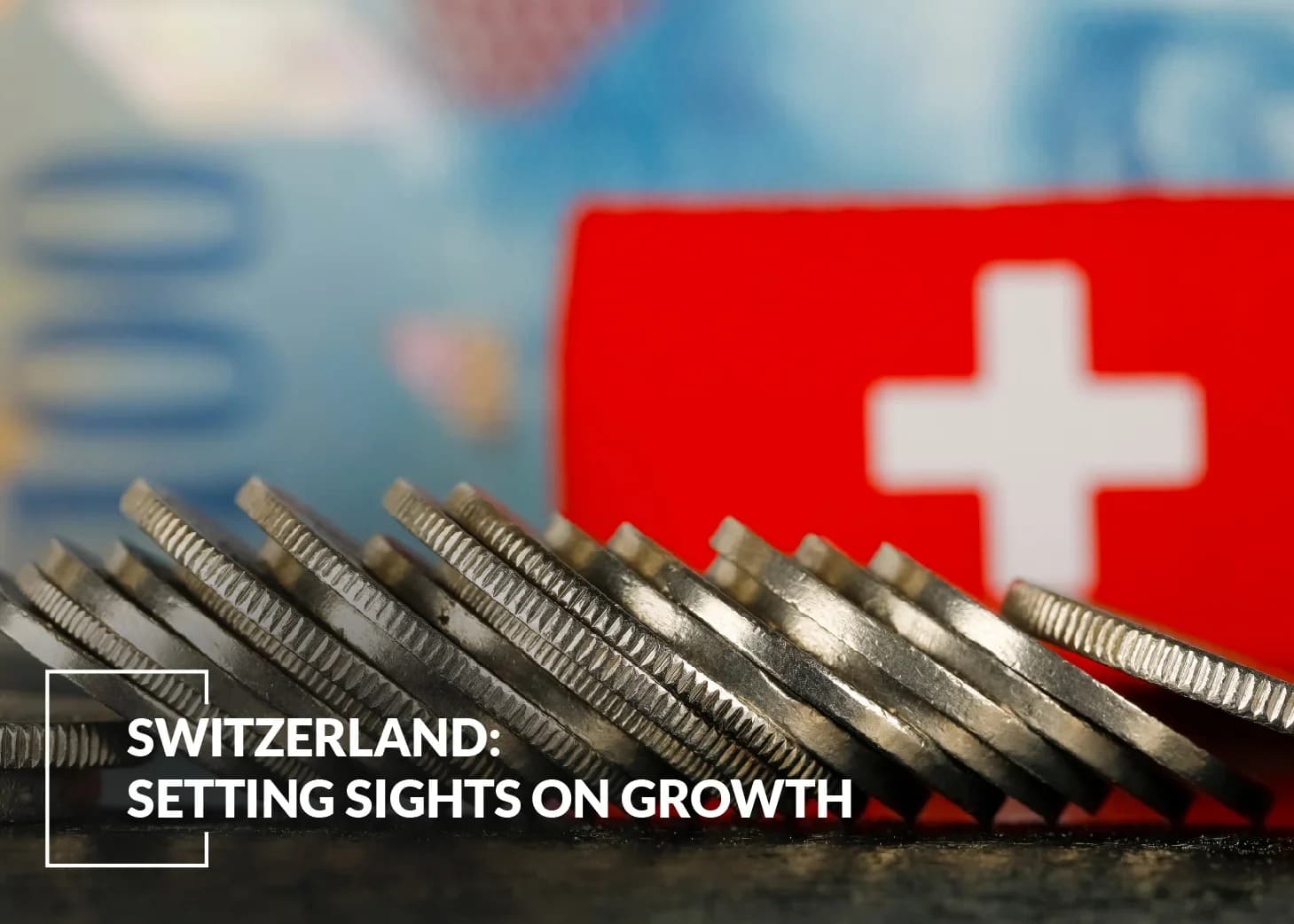Unlocking the full potential of Switzerland’s vibrant economy at the Annual Investment Meeting
Introduction:
Switzerland is a landlocked country in Central Europe with an estimated population of 8.9 million people. It is one of the world’s major financial centres, with its economy based largely on international trade and banking, as well as light and heavy industries. The country has a modern market economy in which the prices of goods and services are determined in a free price system. In this article, we will explore the economic challenges that Switzerland is currently experiencing and highlight the potential benefits of leveraging the Annual Investment Meeting as a strategic platform to enhance the country’s international trade and export capabilities and attract more investment opportunities for its future growth.
Growth challenges:
1. Energy crisis: Although the nation purchases the majority of its energy through several European distribution routes, an estimated 47% of Switzerland’s supply is of Russian origin. Switzerland, like other nations in Europe, experiences power outages, mostly as a result of Russia’s restrictions on gas imports. There are even growing concerns that the country will face power outages this winter and that electricity will become scarce during the coldest months of the year. This impending shortage would hit harder cities where lots of homes are heated with gas.
2. Impact of the COVID-19 pandemic: The pandemic has had a significant impact on Switzerland’s economy. Its hospitality sector, including accommodation and food and beverage, was the most hit by the crisis. Transport and manufacturing have also been affected in an important way.
3. Labour shortage: Many industries in Switzerland are now looking to hire skilled workers but are finding it hard to do so. Almost all Swiss hospitals report shortage of nursing professionals in particular.
Opportunities:
After a strong performance in 2022, Switzerland is facing economic challenges in 2023. The government is responding with emergency liquidity lines and guarantees, raising the policy rate, and maintaining a fiscal surplus. However, significant downside risks to growth, inflation, and financial stability remain, and policies should aim to counter these risks. The government should pursue labor market and pension reforms, accelerate the green transition, and enhance cooperation with other countries and partners to strengthen resilience.
The Annual Investment Meeting’s Role:
The Annual Investment Meeting (AIM) serves as a platform for investors, entrepreneurs, and policymakers to connect, share knowledge, and explore investment opportunities in Switzerland. By attending AIM, you can:
- Access exclusive insights: Gain valuable market intelligence and stay ahead of the curve with expert-led panel discussions, workshops, and presentations on Swiss investments.
- Connect with key stakeholders: Network with investors, entrepreneurs, and decision-makers who share your vision for Switzerland’s growth.
- Discover new opportunities: Uncover hidden investment gems and identify high-potential sectors that align with your interests and expertise.
Conclusion:
The Swiss economy has yet again proven its resilience in the face of a global crisis. It is, however, important for the country to increase labor market participation and maintain strong international agreements, which would foster competition, trade, and investment, to ensure a strong and sustainable recovery. The Annual Investment Meeting thus presents an invaluable opportunity for the country to achieve this goal. As a leading investment platform that gathers together the world’s brightest minds – global corporate leaders, policymakers, businessmen, investors, academics, government officials, and industry experts – Switzerland’s economic prosperity is within reach through the Annual Investment Meeting.
